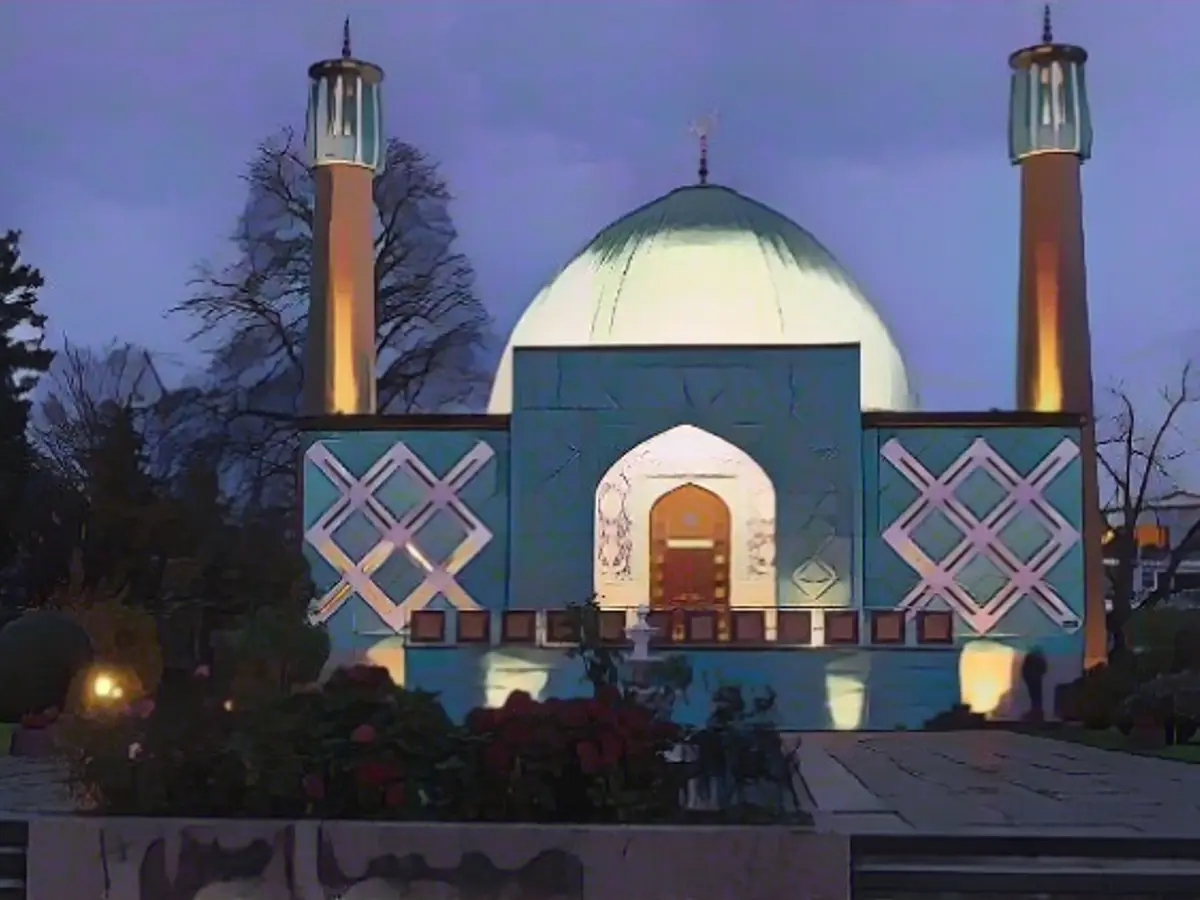Shuttering Islamist Hubs: A Nationwide Crackdown
In a bold move against alleged Islamist activities, German authorities conducted a large-scale raid on numerous buildings connected to the Islamic Center Hamburg (IZH). Beginning at dawn, over 50 properties across seven federal states, including the IZH's local headquarters in Hamburg, were searched. This operation, led by the Federal Ministry of the Interior and coordinated with regional offices, came as a result of long-term investigations that classified the IZH as an Islamist entity by the Federal Office for the Protection of the Constitution.
The IZH had been under scrutiny for months, with politicians from the traffic light coalition government urging a review of the organization's activities. The Hamburg Office for the Protection of the Constitution deemed IZH to be an Iranian outpost and a breeding ground for spying activities, with Chairman of the Green Party, Omid Nouripour, referring to it as "the regime's premier spy nest in Germany." However, the IZH continuously denied these accusations.
Unveiling Hezbollah's Operations in Germany
The nationwide raid against the IZH and the Blue Mosque, a closely-tied institution, was part of an extensive crackdown on Hezbollah's activities in Germany. This Lebanese-based Shia Islamist group, with Iran's backing, has a history of maintaining support networks and engaging in illicit financial activities worldwide.
At the heart of this organization was Hassan M, also known as Sheikh Hassan Murthada. Reporting directly to Hezbollah's Lebanese leadership, Hassan M was responsible for overseeing associations and drumming up support for Hezbollah in Germany. Last year, Hassan M was incarcerated for his alleged activities.
The Blue Mosque in Hamburg was believed to be a crucial hub for Hezbollah operations. Intelligence agencies have been monitoring this mosque since the 1990s, suspecting that it was used for propagating Hezbollah’s agenda and supporting its actions. In 2022, the dependency head of the Blue Mosque, Seyed Mousavifar, was expelled to Iran due to his alleged ties to the Hezbollah charity, Humans for Humans, which had been banned back in 2021 for being a front operation for Hezbollah.
Gathering Intelligence and Taking Action
German authorities have been closely watching the activities of the IZH and the Blue Mosque, tracking individual movements and collecting intelligence on potential radicalization and terrorism-related activities. Reflecting this surveillance effort, in July 2022, the German Interior Minister, Nancy Faeser, banned the Islamic Center of Hamburg. Consequently, police searched 53 properties across several states, including Bremen and Lower Saxony, as part of the campaign against Hezbollah affiliates.
The Legal and Political Response
Banning the IZH was a significant step in the fight against Hezbollah’s activities in Germany. Although the center sued the Interior Ministry to challenge the ban, the administrative court in Hamburg dismissed the appeal. The action underscores the authorities' determination to address concerns regarding extremism and terrorism.
Despite political support for the crackdown, the authorities have faced several challenges in gathering evidence without exposing their sources and incursions into civil liberties.
The Impact on Hezbollah
Hezbollah’s global influence has been a topic of concern for counter-terrorism analysts. The group's reliance on illicit financial networks, especially in Germany, provides a compelling context for its activities. The national raid served to disrupt recruitment efforts and radicalization activities aligned with Hezbollah on German soil.
In summary, the nationwide raid against the Islamic Center Hamburg and its affiliates marked an important step in Germany's battle against terrorism and extremism, hunting down perceived supporters and operatives of Hezbollah.








